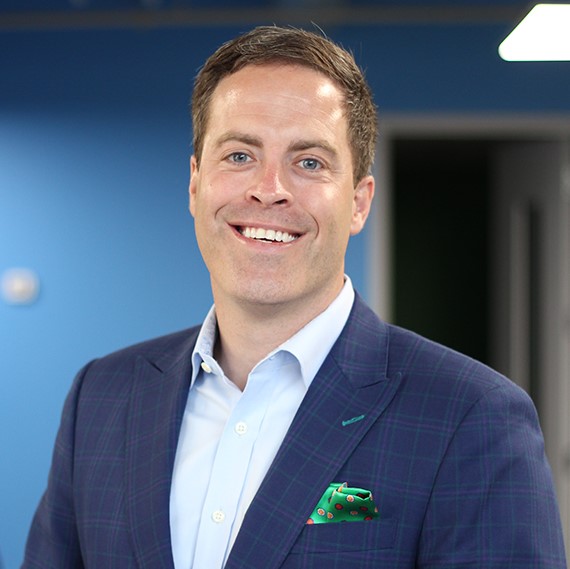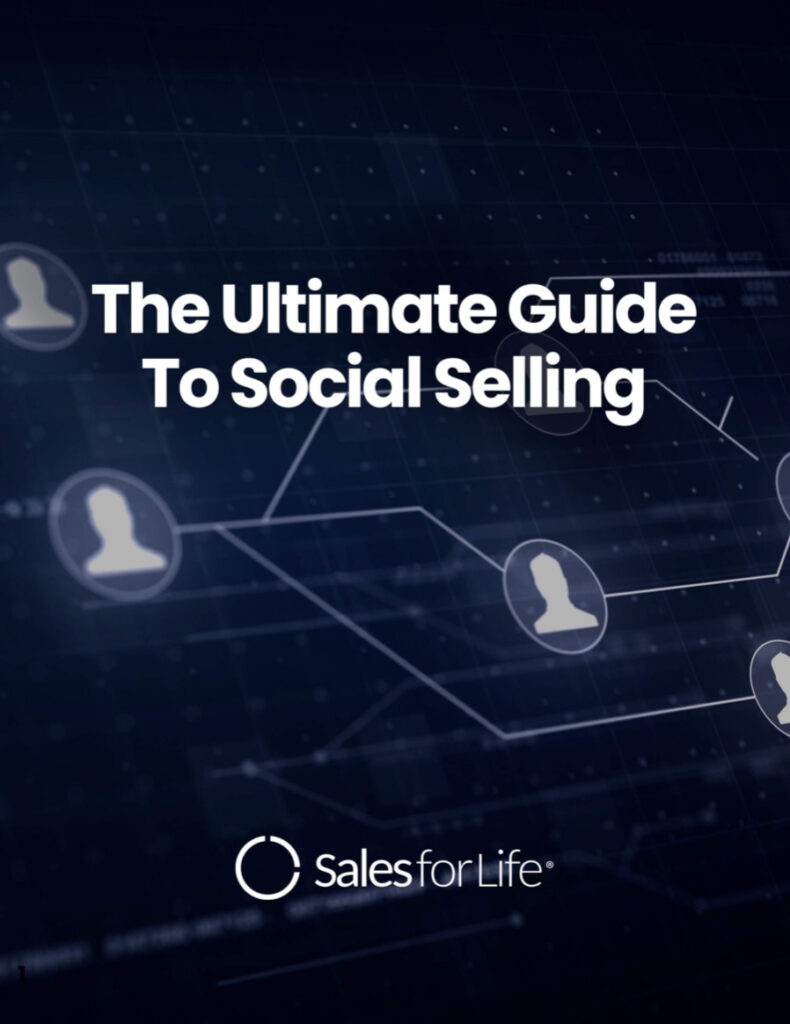It’s no surprise that he’s gone on to build a successful Leadership Development company; Tim Cork is one of the most inspiring sales leaders I’ve ever had the fortune to learn from. I say this after having not seen, spoken with, or heard from him in almost two decades. He left a lasting impression. In fact, I likely only had a few exchanges with him ever. Regardless, I take his advice to work with me everyday.
Tim taught me that a prospective customer is like a bank; that Sales was effectively a game of deposits and withdrawals. It was also at this point that we saw the emergence of an expression that has since become one of the most annoying and overused quips in business, “Value”.
You added value to your customers? That was a deposit.
Call your customers and ask them for something? That was withdrawal.
The premise was that you couldn’t take anything out if you hadn’t put anything in. Couldn’t take out value that is? Er uh, you mean revenue. Right? Provide value = extract revenue. It’s pretty basic, right?
So basic in fact that I’ve since spent my entire career trying to figure out what exactly that value was, and how exactly I was supposed to add it? I’ve searched for it tirelessly. I did so because we were also taught that it was the key to delivering revenue.
This over time however has become a really misaligned expectation. We expect something in return for adding value. The problem with this is that the person receiving the value-add decides what the value’s worth. So for a salesperson it then becomes far too easy to become worth-less. Especially if you’re not being taught specifically what your value (or the value you represent in your company) is. It’s the expectation that wrecks its intention.
I can look back and see clearly that for very many years of my existence I actually was not adding any value at all. Perhaps you can relate; I spent an awful lot of my time doing an awful lot of things to purely jockey deals shut. Rarely were my actions designed to actually add value, they were designed to obtain a goal. They were designed to win business.
In Tim’s analogy I was the equivalent of a compulsive gambler. Always feeling pressured to “play a hand” by my management team, always looking for the next big “game”. I’m going to venture to guess that I am not alone on this; it’s still a highly observable behavior in salespeople. Much like Kenny Rogers might advise, “You gotta know when to fold’em, and you gotta know when to run.” Haven’t yet realized that Social is the ultimate vehicle to organically “add value?” Might be time to lay down your cards.
Personally, I’m placing my big bet on being resourceful, helpful, and assistive. Not necessarily by adding value (although I think I am), but rather, by being more valuable. The act of adding value is far too nebulous; I want something more productive. Resourcefulness on the other hand, well, I could be resourceful to anybody. It produces an outcome. Something quantifiable, something of explicit value.
At the heart of it, adding value/being resourceful needs to be without expectation for anything in return. Or perhaps expect to enrich the life of the individual you’re providing it to. What sales professionals will find ironic – as soon as you stop expecting you will get exactly what you were expecting.
The Bottom Line
You want to be a hands-down top performer in the sales arena today? Be ultra resourceful and do things without expecting a return. Givers give, as they say. This week treat your customers like a bank and be concerned that there’s always more going in than there is going out. Check out these blog posts to find out more about social selling and 42 LinkedIn Sales Tips to help you to better utilize LinkedIn.
Sound like your team? Click below to speak with me in more detail about what Benjamin Franklin would do.






